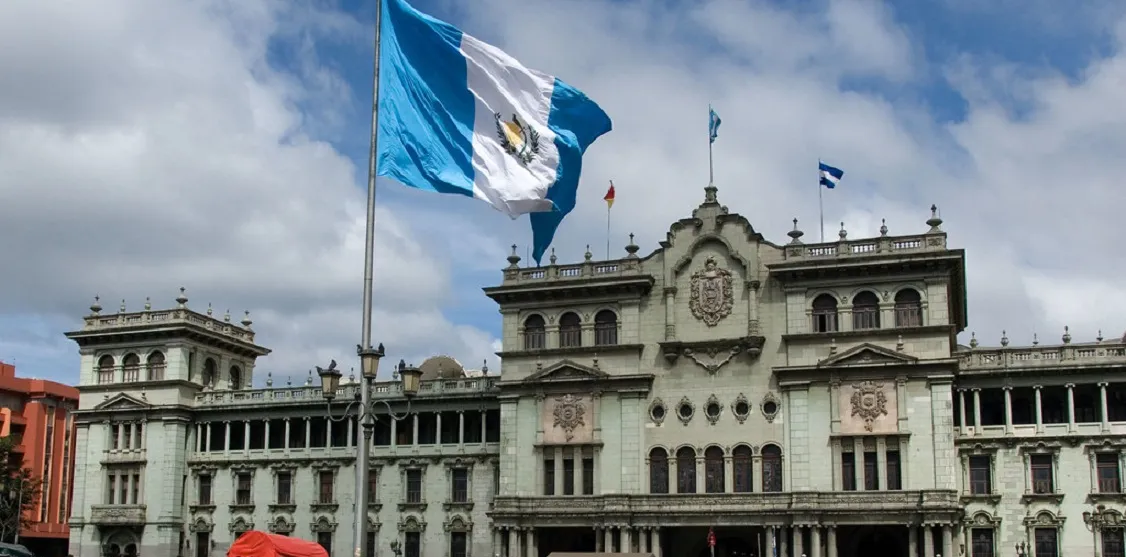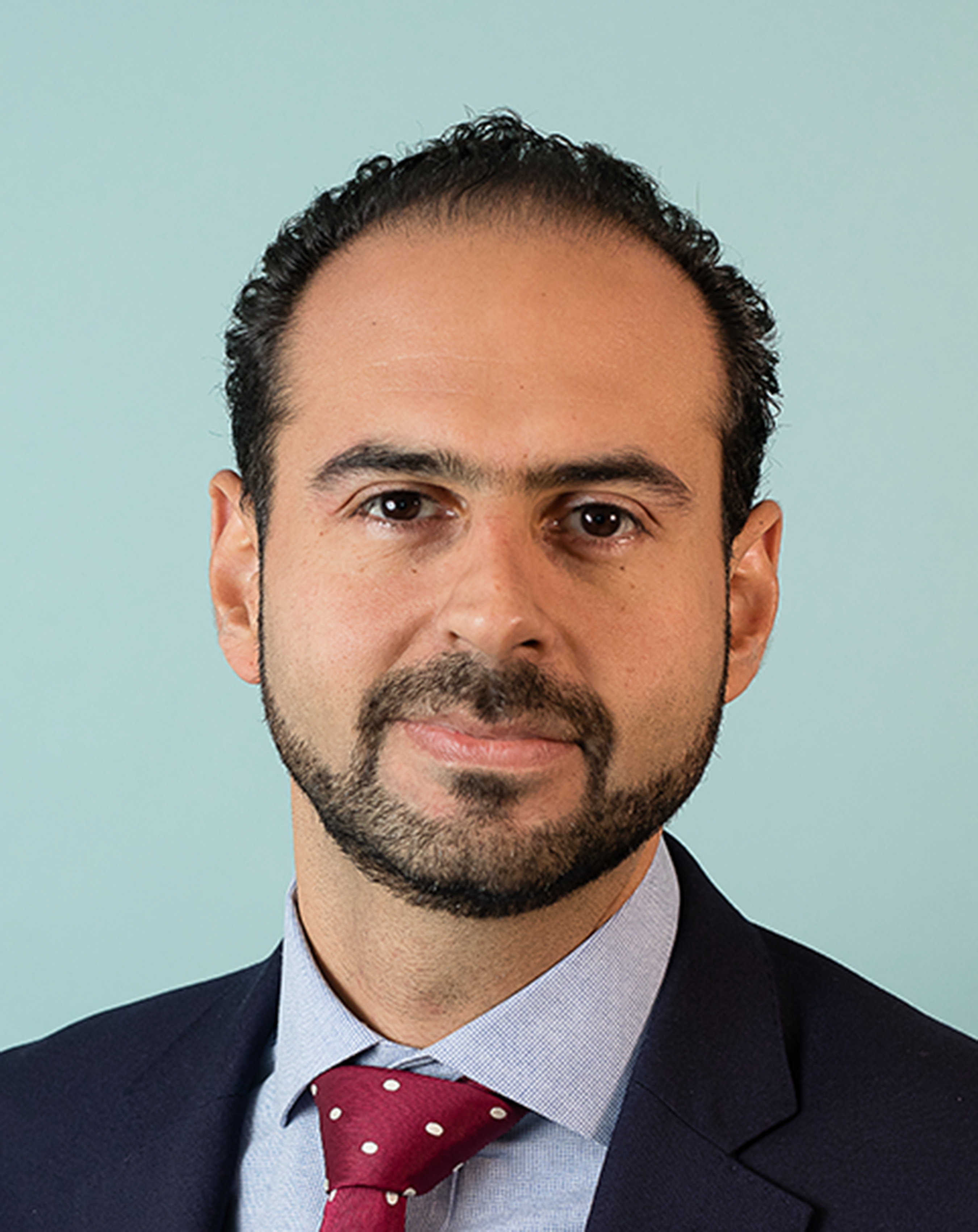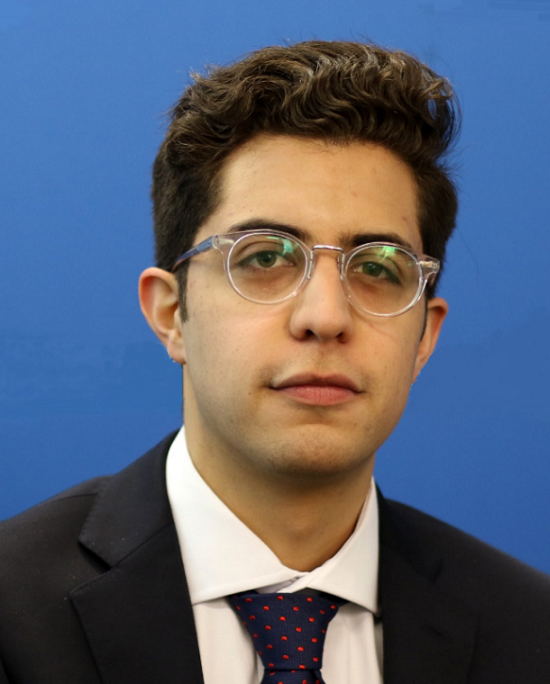Main keys to Guatemala’s general elections

Disclaimer: Views expressed in this commentary are those of the staff member. This commentary is independent of specific national or political interests. Views expressed do not necessarily represent the institutional position of International IDEA, its Board of Advisers or its Council of Member States.
Este comentario está disponible en Español.
The numbers
Guatemala will hold general elections next Sunday, 16 June 2019. Just over 8 million Guatemalans will head to the polls to cast their ballots and choose the successor of President Jimmy Morales, along with 340 municipalities, 160 deputies to the Congress (two more than the previous election, consequence of the 2016 reform to the Electoral Law) and 20 representatives to the Central American Parliament (Parlacen). The election will take place in a volatile political climate where the main problems are corruption, poverty and an increase in violence. The latest polls reveal that no candidate has more than 50 per cent of the intention to vote, so a second round of elections, scheduled for 11 August 2019, is expected.
As for the electoral system of this Central American country, the president and vice president of the Republic are elected by direct vote and absolute majority, without the possibility of re-election. The Legislative Branch is composed by a unicameral Congress and its deputies are elected by proportional representation every four years and can be re-elected indefinitely. This is the first presidential contest that will be carried out with the new legal framework derived from the electoral reform of 2016 that, among other things, prohibited political parties to take in deputies elected under a different political organization (transfuguismo político), regulated media propaganda and enabled out of country voting. In this unprecedented electoral process, the presidential ballot will have about 20 formulas—unlike the 14 of the last election—and 2,932 polling stations will be installed (227 more than in the previous elections).
The political landscape: The Court as the main character of the elections
In the months leading up to the elections, the political landscape of Guatemala underwent important changes, as a result of the decisions made by the Constitutional Court to leave two contenders out of the presidential race. The first of them is former Attorney General Thelma Aldana-candidate of Movimiento Semilla and leader of the anti-corruption movement in Guatemala. Arguing the granting of an irregular contract, the Court dismissed the candidacy of the former prosecutor who conducted investigations with the International Commission Against Impunity in Guatemala (CICIG, in Spanish) and caused the resignation and arrest of President Otto Pérez Molina and Vice President Roxana Baldetti, in 2015. In 2018, Aldana also accused current President Jimmy Morales—who opposes the renewal of CICIG's mandate in the country—of illicit campaign financing in the 2015 general elections. Aldana had sought to replicate the success of political campaigns against corruption seen in countries such as Mexico and El Salvador during 2018.
Likewise, the candidacy of Zury Ríos, daughter of military dictator Efraín Ríos Montt, was dismissed under constitutional article 186, which prohibits relatives of people who have altered the constitutional order to aspire to the presidency. According to the latest poll carried out by Prensa Libre, the elimination of the two aforementioned candidates, who were placed in the second and third place of the vote intention, deepened the political fragmentation in one of the countries with the lowest levels of support for democracy in the region (only 18 per cent of Guatemalans claim to be satisfied with this regime, as reported by Latinobarómetro in 2018).
The main beneficiary of the Constitutional Court’s decisions is the candidate of the National Unity of Hope (UNE), Sandra Torres, contender in the 2015 elections and ex-wife of President Álvaro Colom, who now leads the polls with an intention of vote close to 20 per cent. Torres has also been accused of illegal financing during the last general election. Following Torres in the polls, candidates Alejandro Giammattei from Vamos (7.4 per cent) and Roberto Arzú from the PAN-Podemos coalition (3.8 per cent), appear as second and third in political preferences.
Specific data on the political and electoral system of the country can be found in this compendium of country profiles prepared by International IDEA’s Office for Mexico and Central America. Furthermore, International IDEA also has abundant information about Guatemala in its databases, covering areas as diverse as gender quotas, direct democracy, political financing, electoral justice and electoral participation. The Global State of Democracy Indices, that register changes over time for each of the five attributes that compose it (Representative Government, Fundamental Rights, Checks on Government, Impartial Administration and Participatory Engagement), also stand out for its comparative scope.





